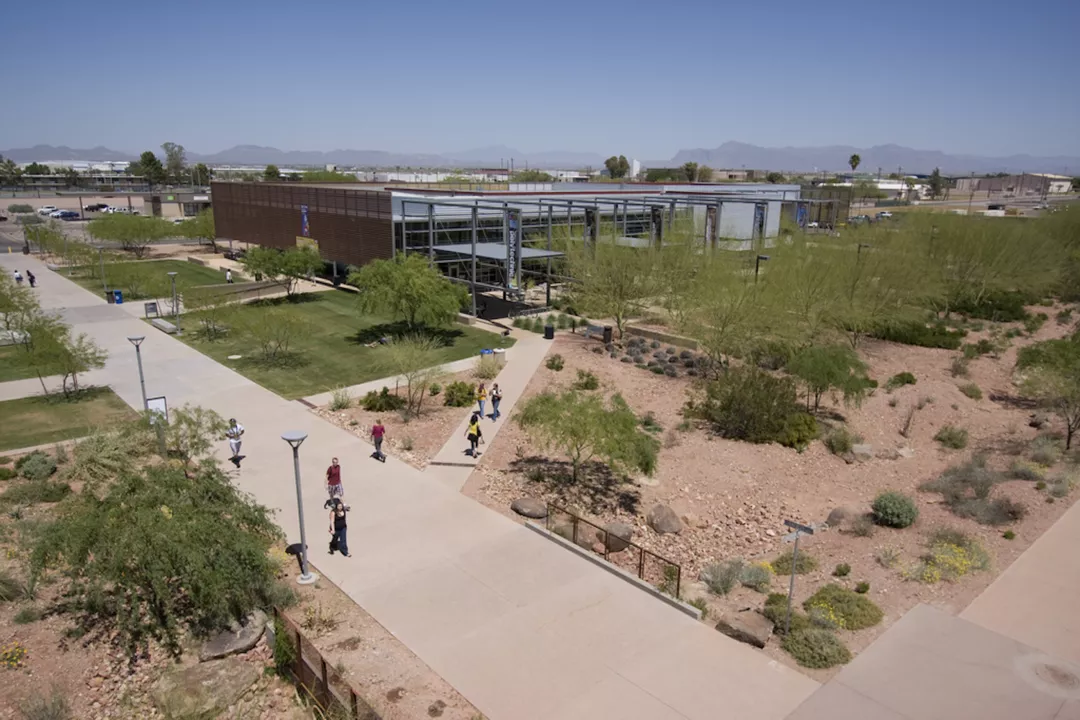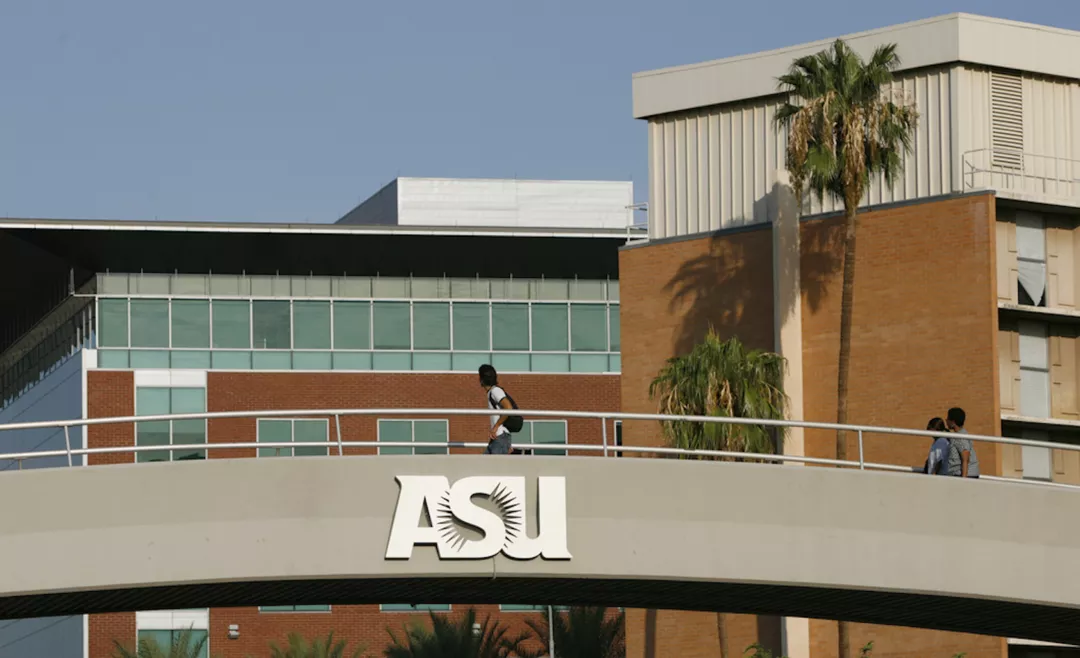-
hello@abroadcube.com
Mail us
-
Call For Help:
98779 83783
-
Whatsapp Us
70090 34921
The industrial engineering Master of Science program prepares students to give practical and economically efficient solutions to real-life, complex problems, solutions that require a system level approach. Examples of these problems include health delivery, food and energy systems as well as those that arise in the strategic planning of manufacturing, logistics operations and service industries. Some of the tools used to address these problems include statistics, optimization, computer simulation and advanced analytics.
The industrial engineering program at Arizona State University is recognized for its high-impact, agile, interdisciplinary, results-oriented research on the most pressing societal needs, and it is consistently ranked among the top graduates programs in the United States. The program is immersed in the innovation environment that permeates Arizona State University, and its faculty members are internationally recognized for their innovative research projects, funded both by government and industry.
| Level | Masters |
| Discipline | Engineering |
| Duration | 24 months |
| Intakes | Jan, Aug |
| Application Fees | USD 0 |
| Tuition Fees | USD 35280 |
| Campus | Tempe |
| Language proficiency (minimum) | |
| IELTS | 7 |
|---|---|
| TOEFL | 90 |
| PTE | 65 |
| Duolingo | 110 |
| Exam proficiency (minimum) | |
| SAT | Not Required / Waiver |
|---|---|
| ACT | Not Required / Waiver |
| GRE | Not Required / Waiver |
| GMAT | Not Required / Waiver |
Minimum GPA - 78%
QS Quacquarelli Symonds is the world’s leading provider of services, analytics, and insight to the global higher education sector, whose mission is to enable motivated people anywhere in the world to fulfil their potential through educational achievement, international mobility, and career development.
THE (Times Higher Education) has been providing trusted performance data on universities for students and their families, academics, university leaders, governments and industry, since 2004. We create university rankings to assess university performance on the global stage and to provide a resource for readers to understand the different missions and successes of higher education institutions.
The Academic Ranking of World Universities (ARWU) was first published in June 2003 by the Center for World-Class Universities (CWCU), Graduate School of Education (formerly the Institute of Higher Education) of Shanghai Jiao Tong University, China, and updated on an annual basis
The "Webometrics Ranking of World Universities" is an initiative of the Cybermetrics Lab, a research group belonging to the Consejo Superior de Investigaciones Científicas (CSIC), the largest public research body in Spain. CSIC is among the first basic research organizations in Europe. The CSIC consisted in 2006 of 126 centers and institutes distributed throughout Spain.





